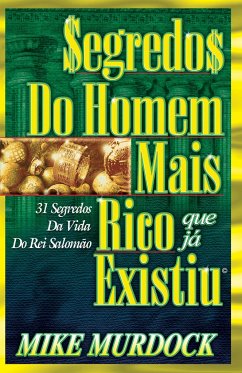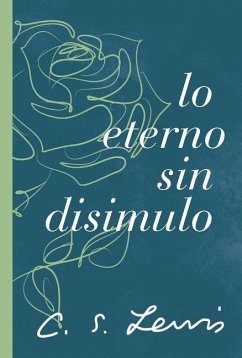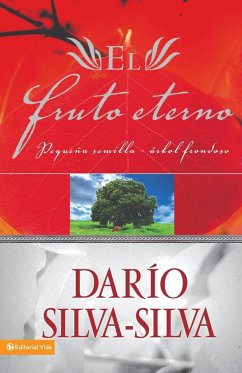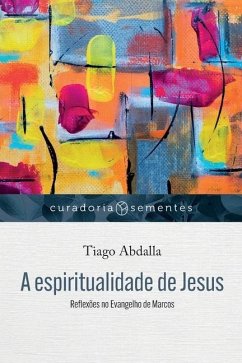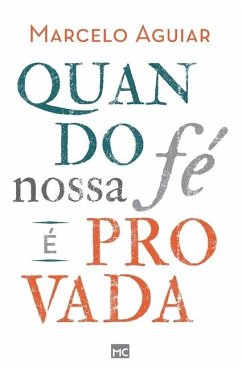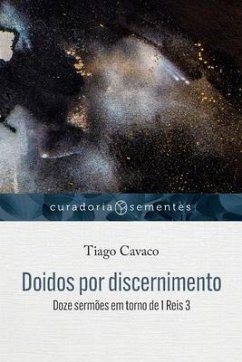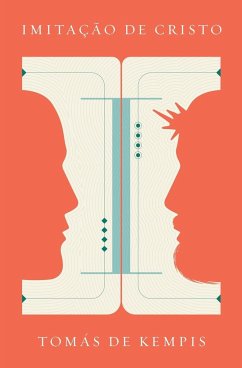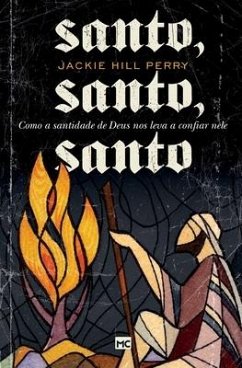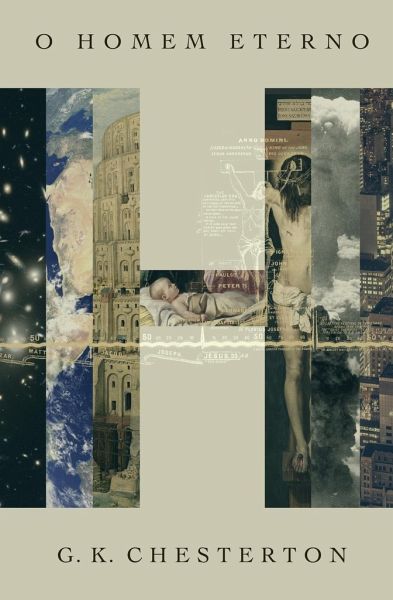
O Homem Eterno

PAYBACK Punkte
12 °P sammeln!
De toda a extensa obra de G. K. Chesterton (1874-1936), O Homem Eterno é sua criação mais surpreendente. A história da humanidade é aqui recontada de forma brilhante, a partir de duas perspectivas que se complementam: a criatura chamada homem e o homem chamado Cristo. Com sua prosa peculiar, seu humor britânico certeiro e seus raciocínios envolventes e provocativos, Chesterton delicia o leitor. Sua obra alveja os críticos da religião e, em especial, os críticos do cristianismo. Para ele, a visão míope do ateísmo impede que se compreenda a fascinante ação de Deus na história, ce...
De toda a extensa obra de G. K. Chesterton (1874-1936), O Homem Eterno é sua criação mais surpreendente. A história da humanidade é aqui recontada de forma brilhante, a partir de duas perspectivas que se complementam: a criatura chamada homem e o homem chamado Cristo. Com sua prosa peculiar, seu humor britânico certeiro e seus raciocínios envolventes e provocativos, Chesterton delicia o leitor. Sua obra alveja os críticos da religião e, em especial, os críticos do cristianismo. Para ele, a visão míope do ateísmo impede que se compreenda a fascinante ação de Deus na história, celebrada magistralmente neste clássico da literatura cristã.




